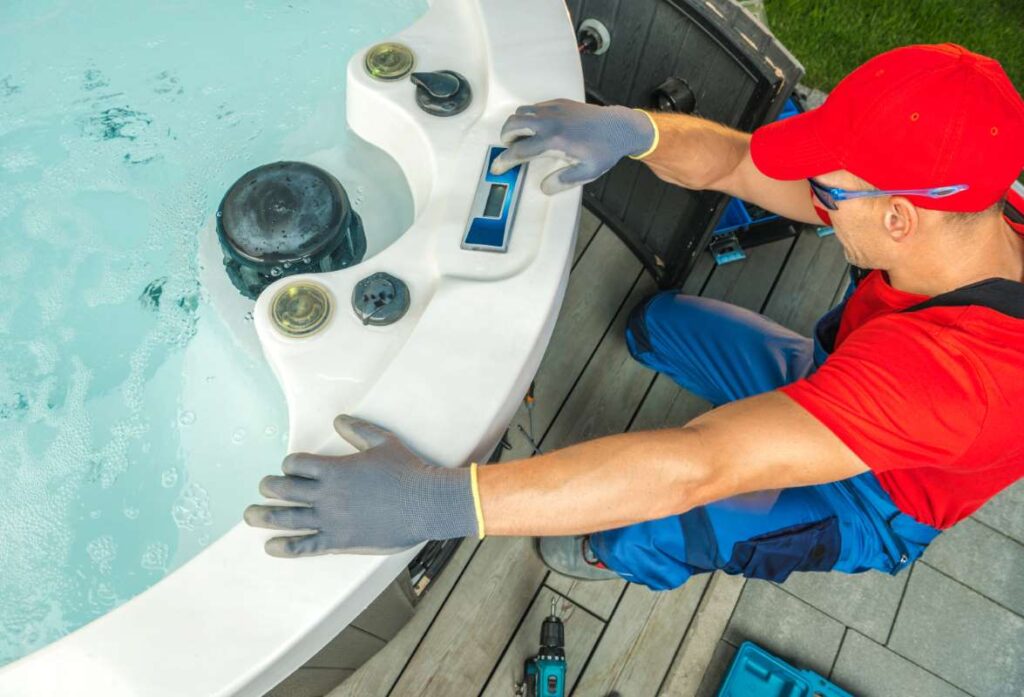Your billing process can make or break your business. Discover why tracking hours is essential for effective billing and maximizing your profits.
Why You Should Track Hours in Your Billing Process
Tracking hours is not just about keeping tabs on time; it serves as the backbone of an efficient billing system. In this blog post, we will delve into the significance of tracking hours in the billing process, explore its impact on profitability, and provide practical tips on how to implement effective tracking strategies. By the end, you will understand why meticulous hour tracking can enhance both client satisfaction and your overall business success.
In today’s competitive landscape, every minute counts, especially in service-oriented industries. Accurate time tracking is crucial for ensuring that clients are billed correctly and that businesses can maintain healthy profit margins. Without a proper system in place, discrepancies can lead to lost revenue, client dissatisfaction, and strained relationships. As we explore the ins and outs of time tracking in billing, we will also discuss how innovative solutions like EZ Pool Biller can simplify the process for pool service professionals.
This article will cover the critical reasons for tracking hours, including the financial implications of time management, best practices for effective tracking, and how technology can assist in streamlining the billing process. Let’s dive in to understand why tracking hours is indispensable for any business reliant on accurate billing.
The Financial Implications of Accurate Time Tracking
Accurate time tracking is not merely an administrative task; it has significant financial repercussions. A study shows that businesses that track their time effectively can increase their revenue by up to 30%. When service providers accurately account for the hours spent on client projects, they can ensure that their invoices reflect the true value of their work.
For example, consider a pool service technician who spends an average of five hours servicing a pool each week. If this technician fails to log these hours correctly, they may inadvertently undercharge their clients, resulting in lost income. Moreover, inaccurate billing can cause distrust among clients, leading to potential disputes and a negative reputation in the industry.
On the other hand, when time tracking is implemented, every hour worked is accounted for, and clients receive transparent billing. This practice not only secures revenue but also fosters trust with clients, as they can see the detailed breakdown of the services rendered. This transparency can significantly enhance client loyalty, leading to long-term relationships and repeat business.
Best Practices for Effective Time Tracking
Implementing effective time tracking involves several best practices that can help streamline the process and ensure accuracy. First and foremost, establish a clear guideline for what constitutes billable versus non-billable hours. This distinction is essential to avoid confusion and ensure that clients are billed appropriately.
Next, consider integrating technology into your billing process. Tools like [EZ Pool Biller](https://ezpoolbiller.com/) can automate time tracking, making it easier for service professionals to log hours with minimal effort. Automated systems help reduce the risk of human error and ensure that time is recorded accurately. Additionally, using mobile apps allows technicians on-site to log their hours in real-time, further improving accuracy.
Another essential practice is regular audits of logged hours. By frequently reviewing time entries and comparing them against project expectations, businesses can identify discrepancies early. This strategy not only ensures that hours are logged correctly but also helps in refining service processes for better efficiency.
How Technology Can Enhance Your Billing Process
The introduction of technology in the billing process has transformed how pool service companies operate. One of the key features of [EZ Pool Biller](https://ezpoolbiller.com/) is its ability to integrate time tracking with invoicing seamlessly. This integration allows businesses to generate accurate invoices based on the hours logged, eliminating the need for manual calculations.
Moreover, automated billing systems can send reminders to clients, ensuring timely payments. By automating the billing cycle, you can reduce administrative workloads and focus more on servicing clients. For instance, when a technician finishes their job, they can immediately log the hours worked, and the system will automatically generate an invoice for the client, ensuring a smooth and efficient billing process.
Additionally, using software that provides reporting features can offer insights into employee productivity and time allocation. For example, managers can analyze how much time is being spent on different projects and identify areas where efficiencies can be improved. This data-driven approach enables businesses to make informed decisions that can lead to increased profitability.
Maintaining Client Trust Through Transparency
In service industries, maintaining client trust is paramount. One effective way to build and uphold this trust is through transparency in billing. When clients receive detailed invoices that outline exactly what they are being charged for, they feel more secure in the value they are receiving.
Implementing practices such as providing breakdowns of hourly rates and services can clarify billing for clients. This transparency can be complemented by the use of software tools like [EZ Pool Biller](https://ezpoolbiller.com/), which allows for custom branding on invoices. By presenting a professional image, businesses can enhance their credibility and encourage prompt payment.
Furthermore, addressing any discrepancies proactively and being willing to explain charges can further bolster client trust. Regular communication about services rendered and hours spent fosters a stronger relationship, ultimately resulting in a more loyal client base.
Real-World Examples of Hour Tracking Success
Understanding how hour tracking can lead to success is best illustrated through real-world examples. Many pool service companies have adopted time tracking solutions and witnessed remarkable improvements in their billing processes. For instance, a small pool maintenance company that started using [EZ Pool Biller](https://ezpoolbiller.com/) saw a 25% reduction in billing errors after switching to a digital time tracking system.
This company implemented a policy where technicians logged hours in real time via a mobile app. As a result, they could ensure that all billable hours were captured accurately. Not only did this improve their invoicing accuracy, but it also enhanced the technicians’ accountability, as they knew their hours would directly affect their pay and client billing.
Another example involves a larger pool service company that previously relied on manual time logs. By transitioning to an integrated billing solution, they streamlined their processes and observed a significant increase in cash flow due to faster invoice generation and payment processing. This company could capitalize on its service efficiency, ultimately leading to business expansion.
Integrating Time Tracking with Client Management
For pool service providers, integrating time tracking with client management can significantly enhance operational efficiency. When a client’s service history is linked to the hours logged, businesses can provide more personalized service and better anticipate client needs. For example, if a technician notices that a specific client requires more frequent maintenance, they can adjust the service schedule accordingly.
Additionally, tracking client service hours can offer insights into service profitability. By analyzing how much time is spent on each client, businesses can determine if they are spending too many resources on low-value accounts. This data can inform decisions about whether to adjust pricing or change the service scope for certain clients.
By utilizing tools like [EZ Pool Biller](https://ezpoolbiller.com/), which combine client management and billing features, pool service businesses can streamline their operations while ensuring clients receive tailored services. This holistic approach can enhance overall client satisfaction and lead to increased retention rates.
Conclusion
In conclusion, tracking hours in your billing process is not just an administrative task; it is a fundamental aspect of ensuring financial accuracy and maintaining client trust. With the right practices and tools, such as those offered by [EZ Pool Biller](https://ezpoolbiller.com/), businesses can enhance their billing processes, improve operational efficiency, and ultimately drive profitability.
As we’ve discussed, the implementation of effective time tracking can lead to significant financial benefits, greater transparency with clients, and enhanced relationships. If you haven’t yet adopted a robust hour tracking system, now is the time to consider making this transformation.
By investing in accurate hour tracking, you set your pool service business up for success, ensuring that every minute worked translates into value for both your company and your clients. Start optimizing your billing process today and unlock new levels of efficiency and profit!




